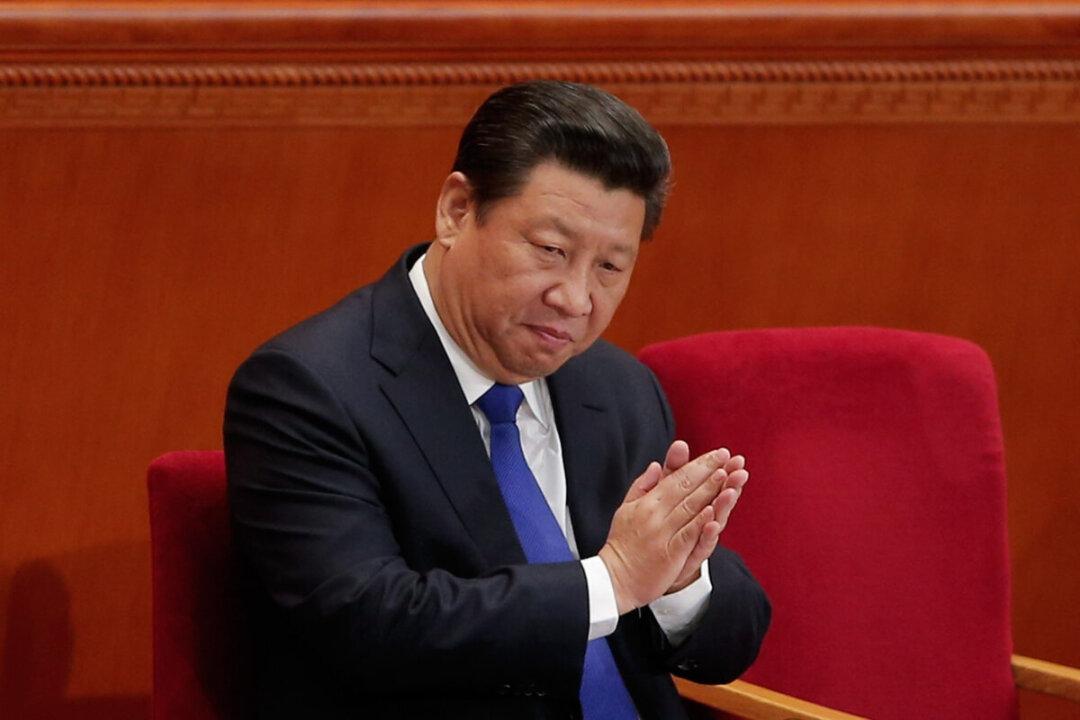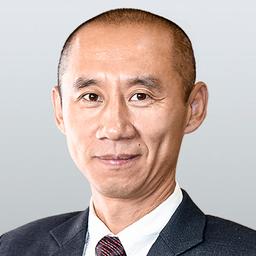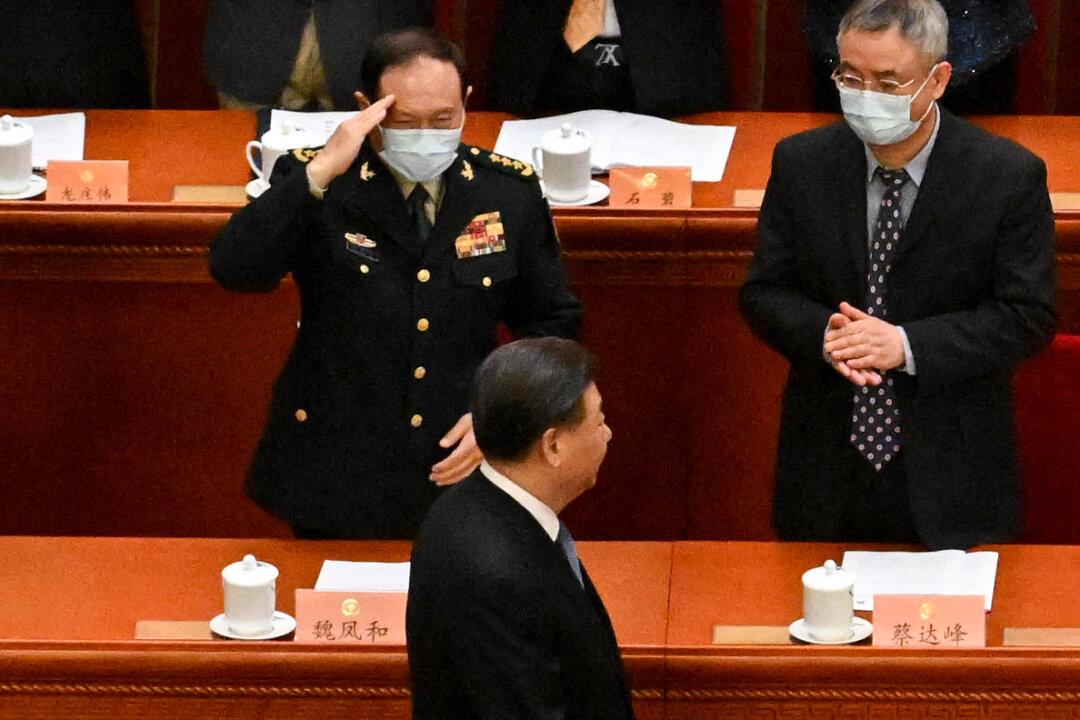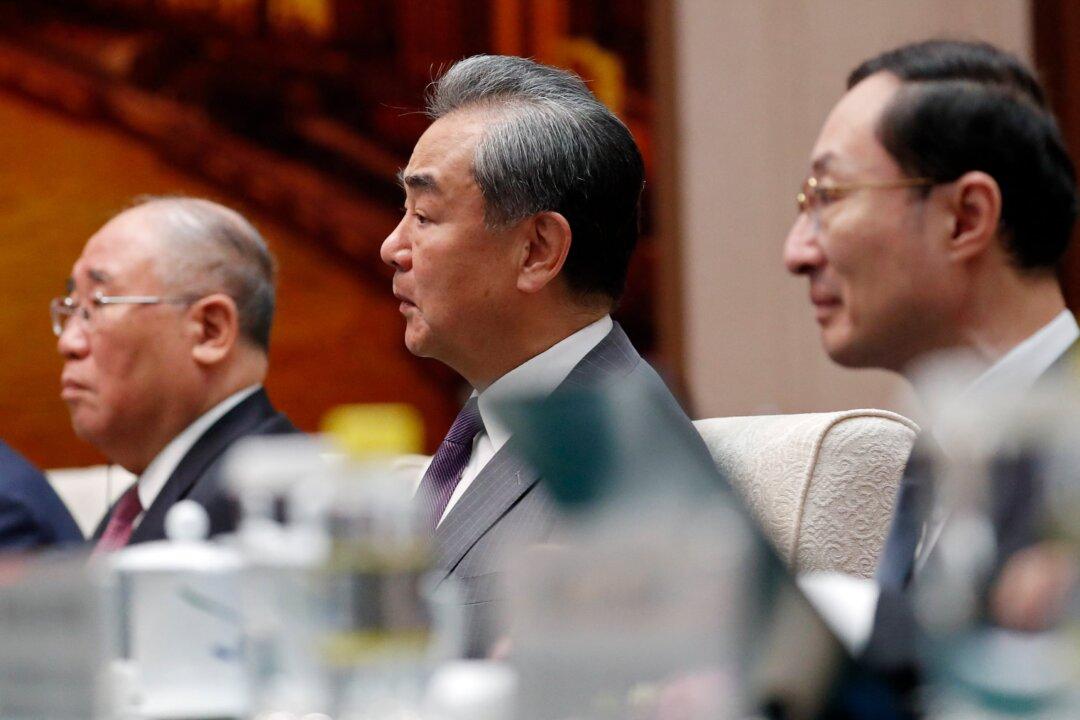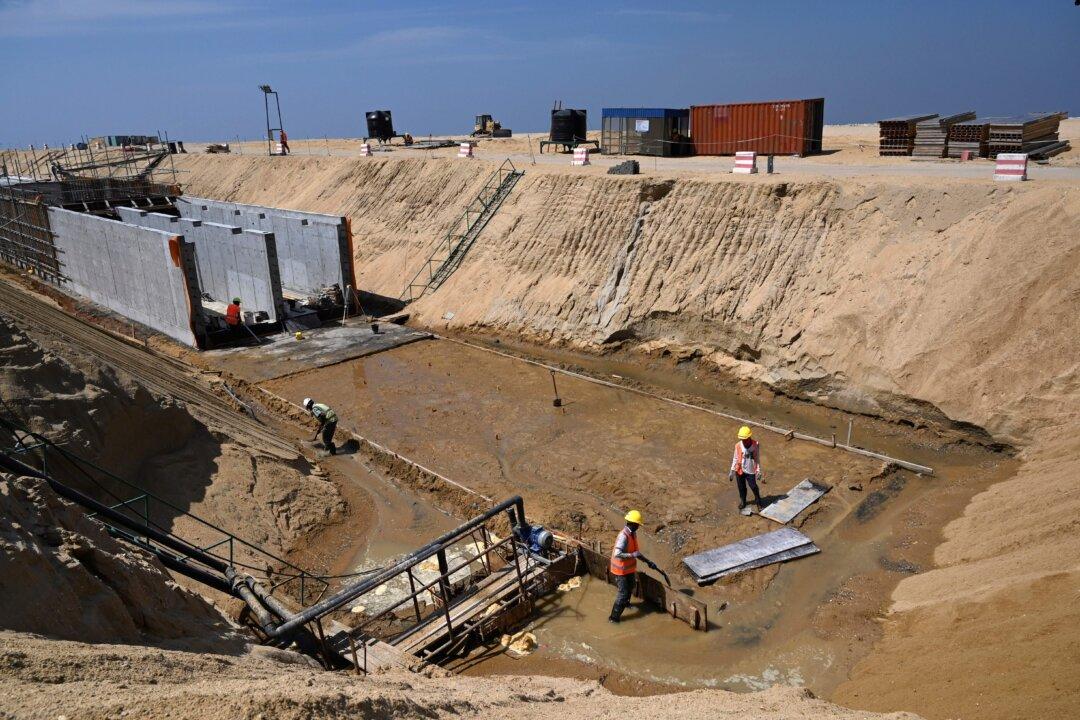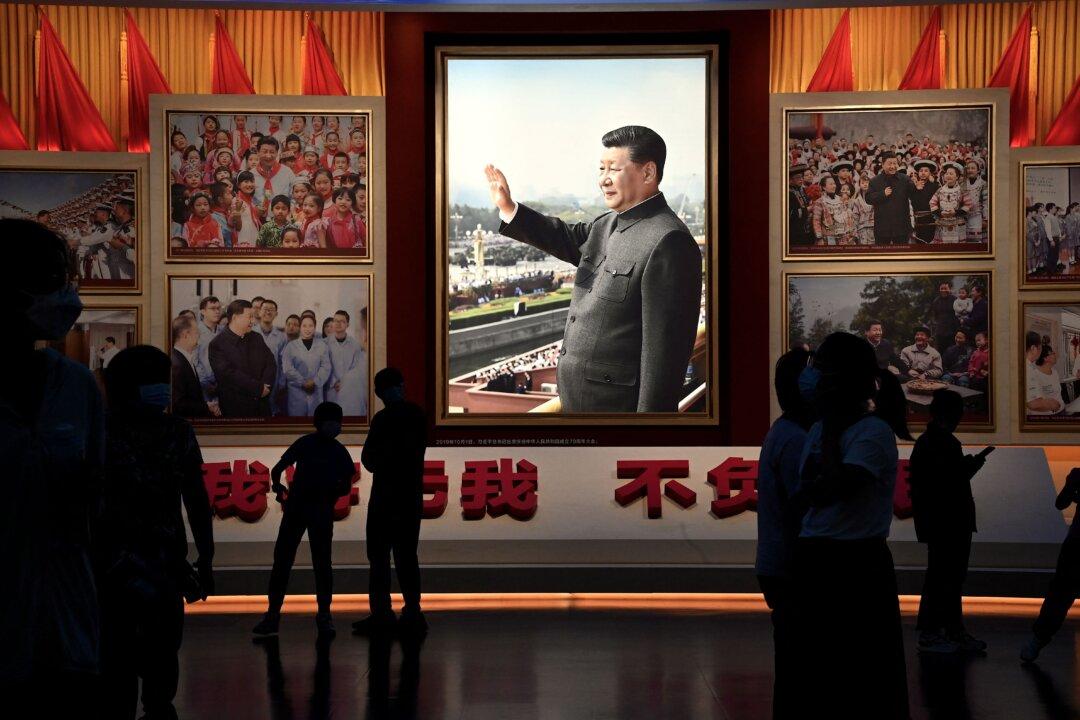News Analysis
After China’s military authorities ordered the armed forces to follow the command of Military Commission Chairman Xi Jinping in all operations, Xi declared “victory in the fight against the epidemic” at a meeting of the seven-member Politburo Standing Committee. In contrast, the last time Xi announced a victory against COVID in 2020, it was at a huge celebration party.
